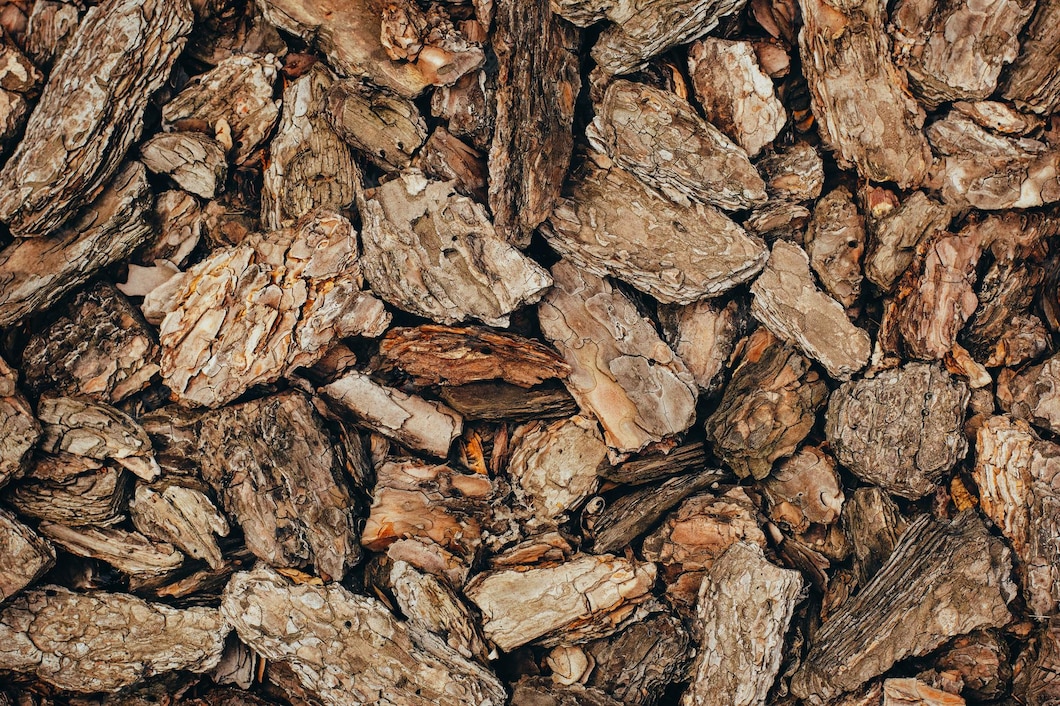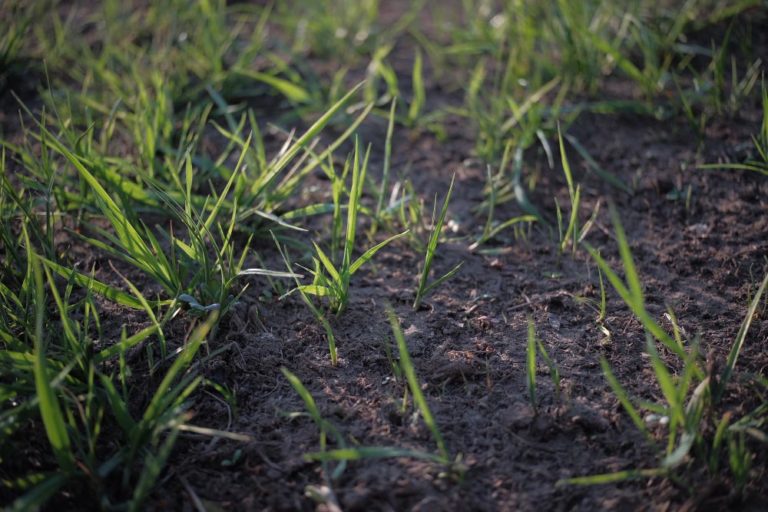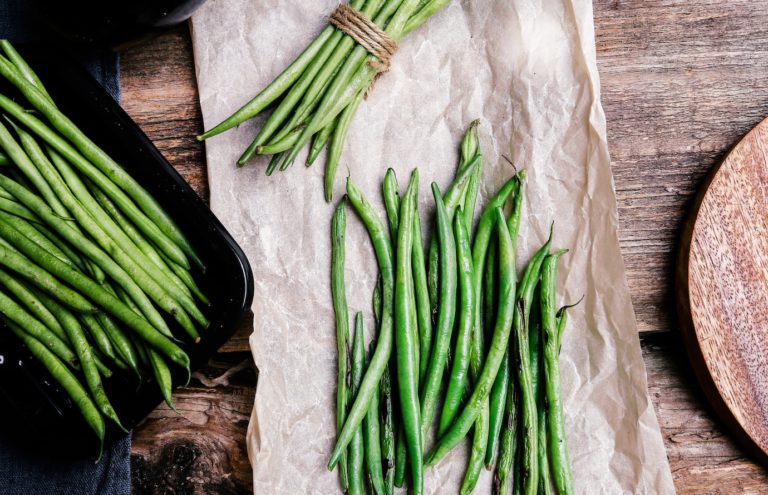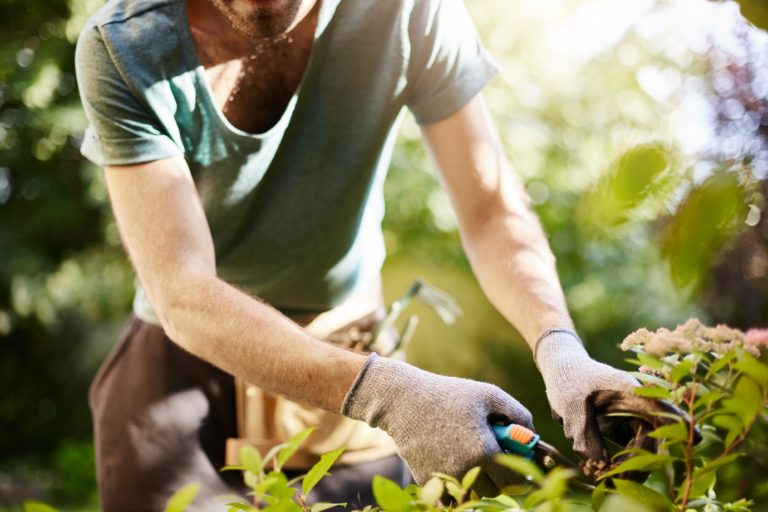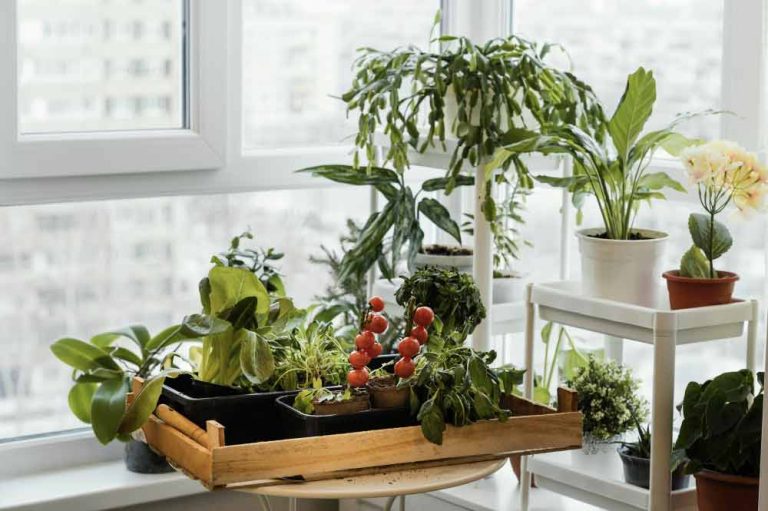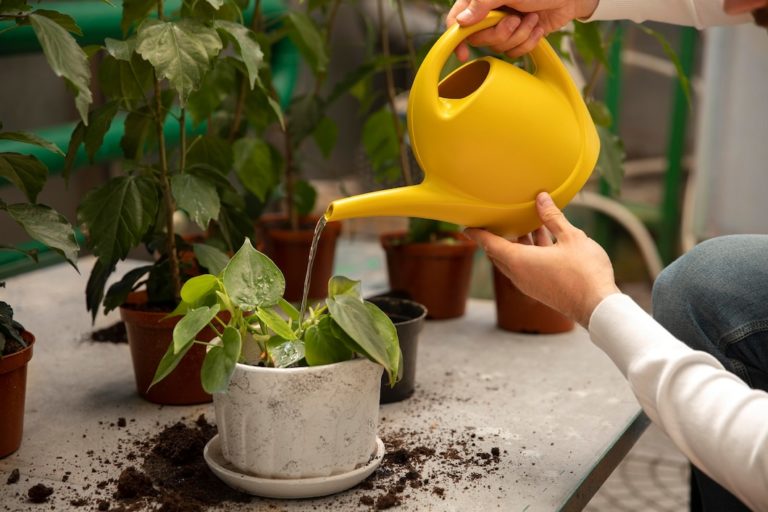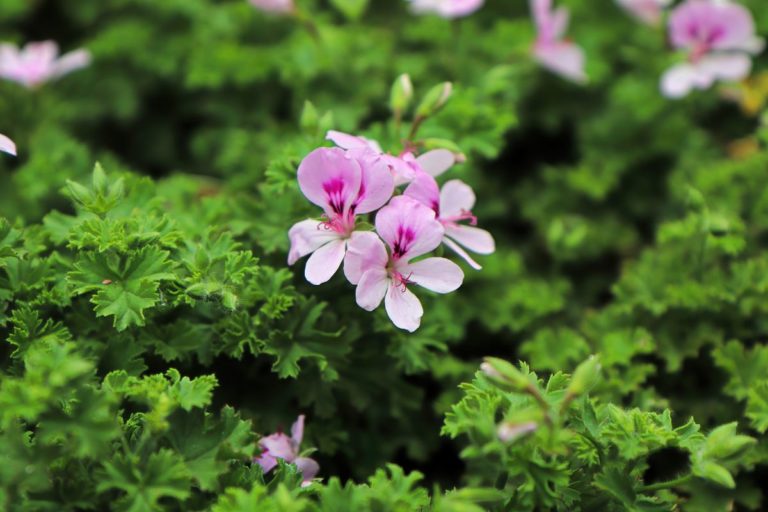Best Mulch for a Vegetable Garden
When choosing the best mulch for your vegetable garden, it’s essential to consider the type of plants you’re growing and the climate in which you live. Some mulches are better suited for hot, dry climates, while others are more appropriate for more excellent, wetter regions.
Mulch is a material spread on the soil’s surface to protect plants and control weeds. It can be made from various materials, including leaves, straw, wood chips, and even newspaper. Mulch helps the soil retain moisture and prevents evaporation, keeping the roots of your plants cooler in summer and warmer in winter. It also reduces weeds by blocking out sunlight and preventing them from germinating.
Benefits of using Mulch for Vegetable
Gardens Mulch provides many benefits for vegetable gardens, including:
- Preventing weeds from germinating: The sunlight makes it very difficult for the weeds to grow. If you use organic mulch, it will eventually decompose and become part of your garden soil.
- Reducing evaporation: Mulch helps the soil retain moisture and prevents it from evaporating. This is especially beneficial in hot, dry climates. The reduction in evaporation can also help reduce the amount of water you need to water your garden.
- Regulating soil temperature: Mulch helps to regulate the soil temperature, keeping the roots of your plants cooler in summer and warmer in winter.
- Controlling erosion: It can help control erosion by stabilizing the soil and preventing runoff. This is especially beneficial on slopes or in areas that receive a lot of rainfall.
- Improving the appearance of your garden: Mulch can give your garden a tidy, finished appearance. It can also help reduce the amount of mud tracked into your home.
Types of Mulch
There’s not only a single Mulch available for your vegetable garden. Different materials can be used, including:
Organic
This mulch is made from biodegradable materials, such as leaves, straws, wood chips, and newspaper. It will eventually decompose and become part of your garden soil.
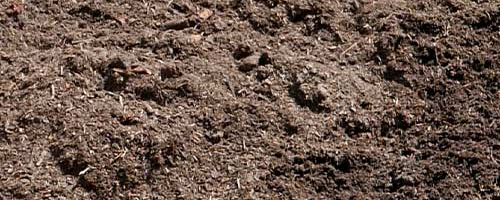
Inorganic
This mulch is made from non-biodegradable materials, such as rocks, black plastic, or landscape fabric. It doesn’t add any nutrients to the soil and will last much longer than organic mulch.
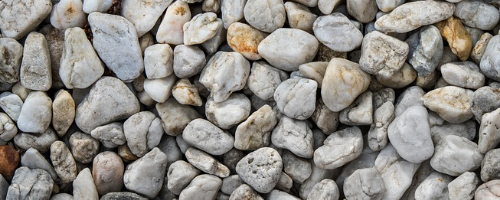
Mixed
This is a combination of both organic and inorganic mulches. It’s an excellent way to get the benefits of both types of mulch.
Now let’s discuss the most common mulch used for Vegetable Gardens that I prefer to use.
-
Straw Mulch
Straw is a type of dried grass that is commonly used as mulch. It’s an excellent choice for vegetable gardens because it’s biodegradable, reduces evaporation, and helps regulate soil temperature. Straw is also relatively inexpensive and easy to find. Straw mulch can be made from various types of straw, including wheat, oats, barley, and rye.
Spring and fall are the best times to use straw as mulch. Young plants can be protected from frost damage in spring with this treatment. You can keep your plants from freezing by ensuring your roots are well insulated in the fall. Gardeners do not need to treat or prepare straw mulch before using it.
Applied around your plants, it can be pretty effective. Use it after your area’s last frost date to protect young plants from frost damage. Hand application or raking are both possible.
-
Wood Chip Mulch
Wood chips are another excellent choice for mulching vegetable gardens. They help regulate soil temperature, reduce evaporation, and prevent weeds from germinating. Wood chips also improve the appearance of your garden and can be used as a decorative mulch.
Wood chip mulch is usually readily available and inexpensive. You can find it at many hardware stores, garden centers, or landscaping companies. Wood chips come in various sizes, from small pieces to large chunks. These are made with smaller wood pieces that result from more extensive projects, such as tree trimming or construction. The size of the wood chips will determine how long they last as mulch. Smaller pieces will decompose faster than larger ones.
In addition, if you want to control weed growth, you may want to consider using wood chips as mulch. They can block sunlight and prevent weed seeds from germinating. We recommend using wood chips in the early spring and fall to help regulate soil temperature. When applied correctly, wood chips make an attractive and functional mulch.
-
Landscape fabrics
A vegetable garden benefits from using this mulch because it is effective and long-lasting. Land fabrics are made from woven or non-woven materials, such as plastic or cloth. They allow water and air to pass through while blocking sunlight. This prevents weed growth and helps regulate soil temperature.
Landscape fabrics are an excellent choice for mulching vegetable gardens. They’re long-lasting, effective, and easy to use. You can find landscape fabrics at most hardware stores or online. Be sure to choose a fabric that’s specifically designed for gardening.
-
Shredded Leaf Mulch
Shredded leaves are an excellent choice for mulching vegetable gardens. Shredded leaves also add nutrients to the soil as they decompose. You can shred leaves yourself with a lawn mower or leaf shredder. Many municipalities have programs to collect and shred leaves for residents. You can also request leaf collection services from your local municipality.
Applying a layer of shredded leaves around your plants is an easy way to mulch your garden. You can do this in the fall after leaves have fallen from the trees. Or, you can wait until spring and apply a layer of shredded leaves around your plants before they start to grow.
-
Compost
Compost enriches the soil, helps regulate moisture, and prevents weed growth. You can make your compost or buy it from a garden center or landscaping company. When using compost as mulch, be sure to apply a thin layer. Compost can burn plants if applied too thickly. Compost is an excellent choice for mulching vegetable gardens. It helps regulate moisture and prevents weed growth. You can make your compost or buy it from a garden center or landscaping company. When using compost as mulch, be sure to apply a thin layer. Compost can burn plants if applied too thickly.

